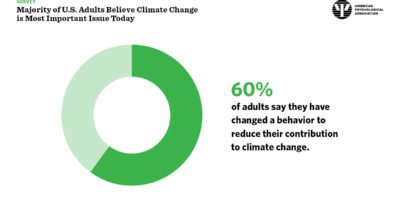Duck Syndrome:
A term once coined by Stanford University for its seemingly flawless campus, filled with laid back students.
It’s a term that has run its course through top tier universities, and is now making an appearance with millennials in the workforce as well as teens participating in one too many activities in their local high school. The question people seem to be asking is, what weight does this “duck syndrome” carry?
What exactly is “duck syndrome”?
Have you ever taken the time to look at ducks swimming in a pond? It’s a favorite pastime of elderly, toddlers, and adults in high-stress situations alike. Probably because they seem so cool, calm, and collected; right? Not necessarily. If you had the ability to look underneath the ponds surface as a duck was moving forward, you would notice that their feet are moving furiously, unbeknownst to the rest of their body.
And that is what we refer to as ‘duck syndrome’.
For example, have you ever had a first impression about someone that was completely off base? We’ve all been there. It’s a part of human nature to see others for the surface, especially with the social media culture of today, only showing the highlight reel.
Unfortunately, it’s becoming contagious within our workplaces, education systems, and everyday lives- and it’s not pushing the conversation surrounding mental health forward.
How do we stop it in its tracks, and see people for who they actually are?
Have you ever met a new coworker, and felt protective of your place in the office? Take that feeling and turn it into curiosity.
Try inviting them to coffee, and ask them.
- How did you get to be in this position?
- What have you learned?
- What are your goals?
- Where do you see yourself in five years?
Chances are, you’ll find that you never had anything to worry about, and instead you gained a new friend. Or, you might find that you have similar goals, and we believe that two heads are better than one. How can you work together?
By asking yourself “are things what they seem here?” You will find that there is a story to how someone got to where they are! It’s always worth it to ask. But at the end of the day, when we treat perceptions as curiosity, it opens up a whole new world of kindness, opportunity, success – and connections that you’ve never had before!



